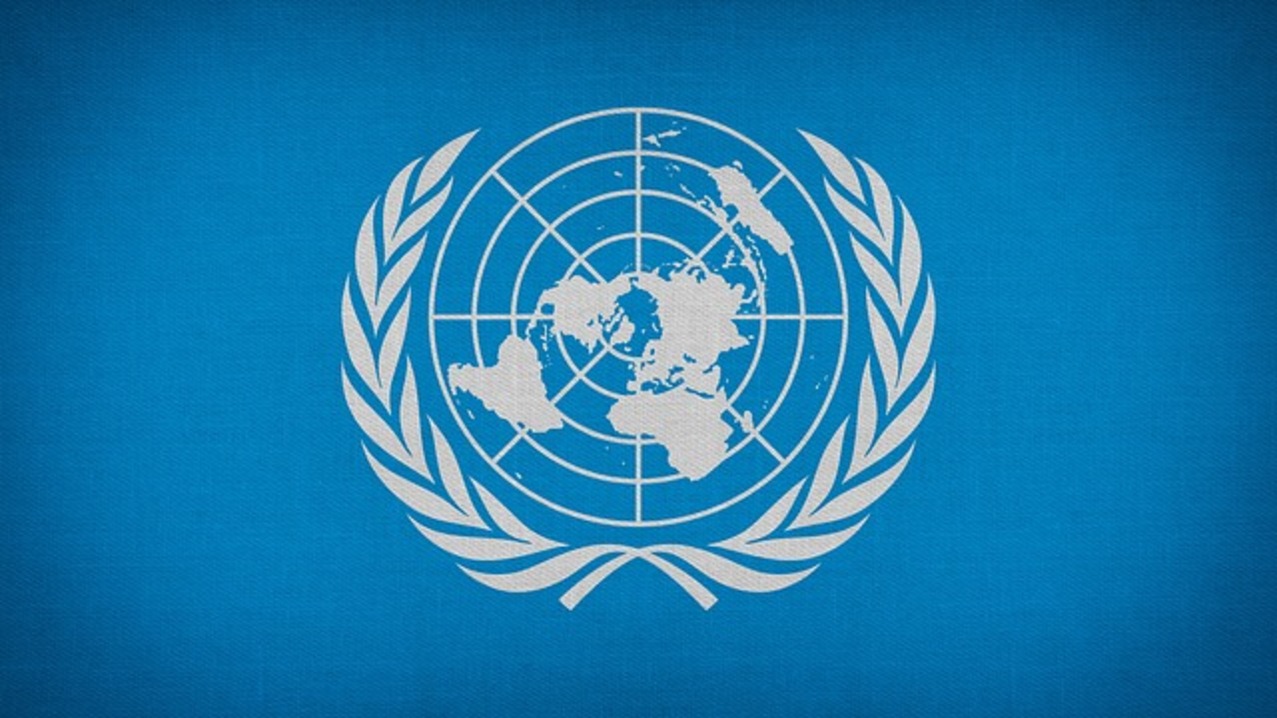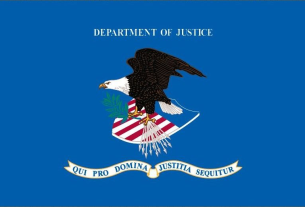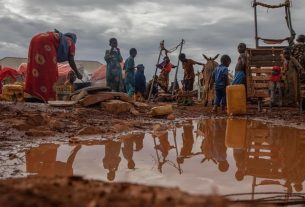In a significant escalation of tensions, Tel Aviv’s Ministry of Foreign Affairs has officially informed the United Nations that it is canceling its agreement regulating the operations of the United Nations Relief and Works Agency for Palestine Refugees in the Near East (UNRWA) in both Gaza and the occupied West Bank. Axios reporter Barak Ravid shared the update via X, indicating that this move aligns with recent legislative actions by the Israeli Knesset.
Background of the UNRWA Operations
UNRWA has been a crucial provider of assistance to Palestinian refugees since its establishment in 1949. The agency offers a range of services, including education, healthcare, and emergency aid, to millions of people, particularly in the Gaza Strip, where the population exceeds two million individuals. Nearly the entire population in Gaza depends on UNRWA for basic needs, making the agency’s operations vital for survival amid ongoing conflict and humanitarian crises.
Legislative Context
The decision to sever ties with UNRWA follows a law passed by the Knesset on October 28, which mandates the termination of all relations with the agency. This legislation reflects a broader political stance within Israel regarding UNRWA, which some officials accuse of perpetuating the refugee status of Palestinians rather than facilitating their integration and resolution of the refugee issue.
According to Jacob Blitshtein, Director General of the Ministry of Foreign Affairs, the new legislation will come into effect in three months, granting time for a transition that may significantly affect UNRWA’s operations and the support provided to Palestinian communities.
Implications for Gaza and the West Bank
- Humanitarian Crisis: The cancellation of the agreement is expected to exacerbate the humanitarian situation in Gaza and the West Bank, where UNRWA plays a pivotal role in delivering essential services. The loss of support could lead to increased food insecurity, limited access to healthcare, and disrupted educational services for Palestinian refugees.
- Increased Tensions: This move may heighten tensions between Israel and Palestinian communities, potentially leading to protests and unrest as the population grapples with the implications of reduced support.
- International Reactions: The decision is likely to draw criticism from the international community, particularly from countries and organizations that support UNRWA’s mission. The agency has historically received backing from various UN member states that recognize the importance of its work in maintaining stability and providing essential services in the region.
- Future of UNRWA: The cancellation raises questions about the future viability of UNRWA and its capacity to operate effectively without Israeli cooperation. It may also prompt discussions about alternative mechanisms for delivering humanitarian aid and services to Palestinian refugees.
Conclusion
Israel’s cancellation of its agreement with UNRWA marks a pivotal moment in the ongoing Israeli-Palestinian conflict, with potential repercussions for millions of Palestinians reliant on the agency’s support. As the situation unfolds, it will be crucial for international actors to monitor the humanitarian implications and explore ways to address the needs of affected communities in Gaza and the West Bank.
References
- Axios. (2023). Israel cancels agreement with UNRWA. Retrieved from Axios
- United Nations Relief and Works Agency (UNRWA). (2023). About UNRWA. Retrieved from UNRWA Official Website
- The Times of Israel. (2023). Knesset passes law severing ties with UNRWA. Retrieved from Times of Israel
- Al Jazeera. (2023). Implications of Israel’s move against UNRWA. Retrieved from Al Jazeera
- Reuters. (2023). UNRWA’s future in jeopardy as Israel cuts ties. Retrieved from Reuters



